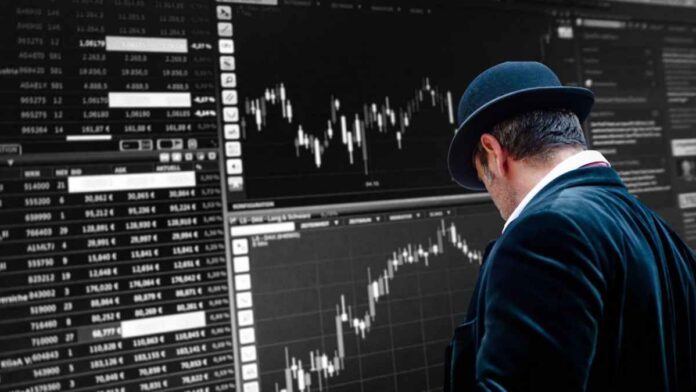Liquidity is the lifeblood that ensures the financial system operates seamlessly. The ability to quickly and easily buy or sell assets is essential for traders and other market participants. Market makers play a vital, yet often overlooked, role in this process, standing as a counterparty for every buyer and seller. This article explains the roles of a market maker in crypto.
What is a Crypto Market Maker?
In the crypto world, we have two important roles – market makers and liquidity providers. Let’s compare a liquidity provider vs. market maker:
- Market makers (MMs) are entities, specialized companies, high-frequency traders, and other market participants that contribute to the liquidity of the trading process. They facilitate trading by ensuring traders can always find a counterparty for their transactions. Crypto market-making strategy relies on order books, where they place buy and sell orders to maintain a balanced inventory of assets. MMs earn from the spread (buy-sell prices difference).
- Liquidity providers (LPs) are a broader category that includes not only market makers but also participants who contribute liquidity to the market in other ways. It can involve depositing funds into liquidity pools on decentralized finance platforms. LPs earn fees from trades executed against the liquidity they provide.
Who Can Be A Crypto Market Maker?
Here are the types of market makers in crypto:
- Individual traders – people who actively participate in the market by placing limit orders on trading platforms and earning from bid-ask spread.
- Crypto exchanges may act as market makers themselves (crypto market makers like WhiteBIT). They may use their investors’ or own funds to maintain liquidity.
- Market-making firms – specialized firms that provide market-making services across different financial instruments, including crypto.
- High-frequency traders (HFT) – use sophisticated algorithms and high-speed trading approaches to conclude many trades within seconds.
- Arbitrageurs – traders that use price differences on exchanges or trading pairs. They buy low and sell high, helping reduce price differences.
- Crypto funds – investment funds may also engage in crypto market making since they have significant resources and experience providing liquidity to financial markets.
- Institutions such as hedge funds and trading firms can be market makers, too. Due to large capital, they can bring substantial liquidity to the sector.
These are some of the most common roles of market makers in the crypto space. Whoever stands behind it, the crypto market maker strategy is to ensure sufficient liquidity and create favorable trading conditions for other market participants. It includes a tight bid-ask spread, consistent order book depth, and reduced price volatility. By offering buy and sell orders close to the current market price, market makers ensure that traders can execute their transactions efficiently and at fair prices.
